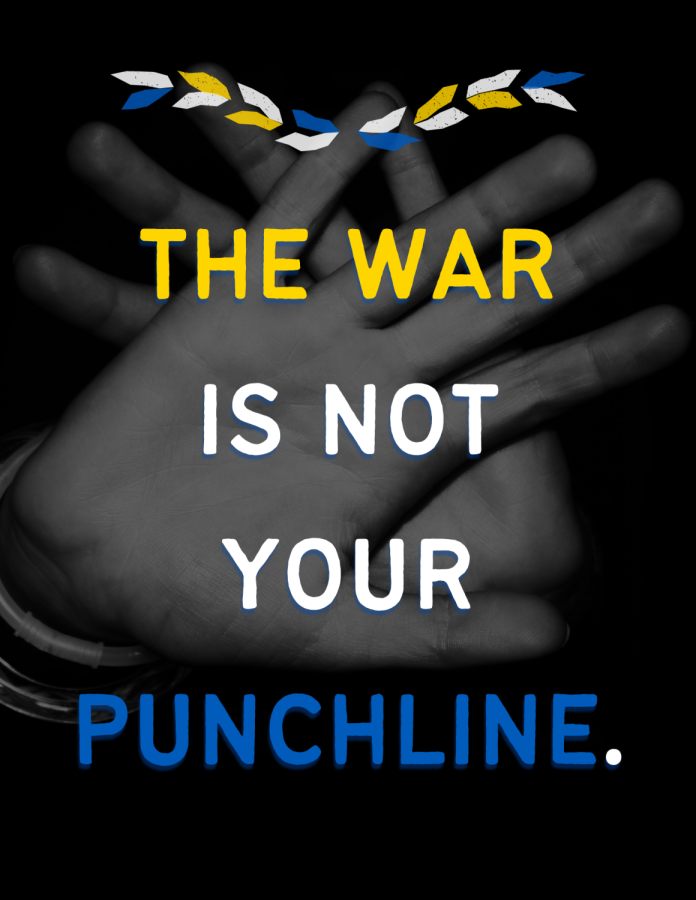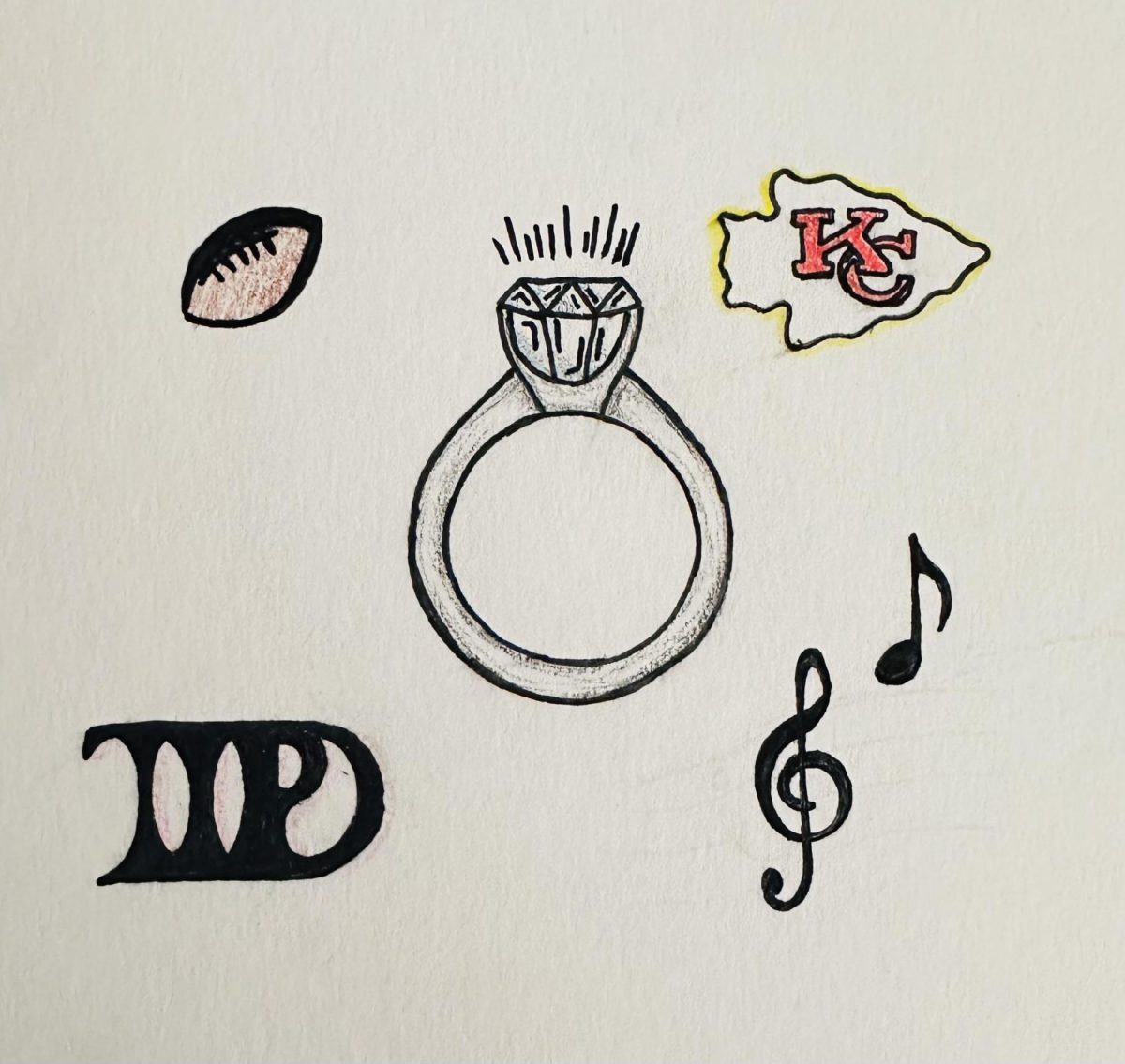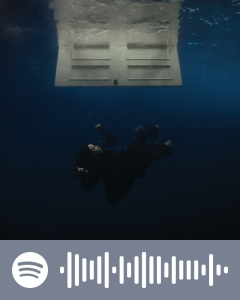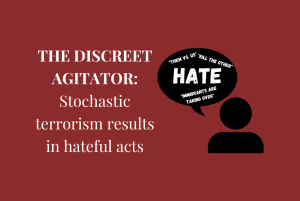The war is not your punchline
May 11, 2022
This previously ran in our April 2022 print issue.
Over one month ago, on Thursday, Feb. 24, Russian forces landed in Ukraine.
Since the invasion began, social media platforms have run amok with memes, GIFs, and jokes about the war, the people fighting in it, and most predominantly Putin himself.
When seeing these snippets of dark comedy one faces a challenge within their head: to laugh or not to laugh?
However, through the course of March, the choice became clearer and clearer, as the memes simultaneously grew darker and more frequent.
These memes compared Putin to Hitler, laughed at a woman’s ability to bring Putin to his knees, and joked about the start of World War III.
On one hand, jokes can bring light to an otherwise dark time. For many, these memes can help them process the situation and work to im- prove their mental health.
According to the Association for Psychological Science, “When the tone of the threat is playful, or the setting safe, a violation that might otherwise elicit sadness or fear instead leads to laughter.”
As citizens across Ukraine and Russia go through perhaps one of the most tumultuous and daunting times of their lives, they are entitled to make jokes about their surroundings and how their lives operate.
To a certain extent so are we, as United States citizens. However, there’s a fine line that should not be crossed. The use of someone else’s suffering and pain to make yourself or your friends laugh is not okay. A joke stops being funny when it hurts other people.
While some of the memes created in late February and early March were humorous, they were also insensitive. As humans, we cannot always expect ourselves to not laugh at a joke. It happens. Sometimes what you hear or read is so obtrusive to your thoughts that you can’t help laughing. It’s a natural reaction for many.
What makes it worse is that most of the memes circulating on social media reflect a disconnect with what the war is really about. This is dangerous because it lends itself to the spread of misinformation. Instead of watching or reading the news, people spend their time looking at damaging and misleading jokes.
It should be explicitly noted that the majority of the memes are being spread by Ameri- cans, within their privileged suburban homes, protected and safe from the war.
The choice after seeing an insensitive message is what truly matters. Sharing it, saving it, or even liking it shows a level of immaturity and lack of social-emotional intelligence.
Across the globe from us, hundreds are dying, parents are losing their children, and people are losing their spouses. Is sharing a joke about you being hangry enough to make Putin surrender in 20 minutes really necessary?
The people who are at the center of this conflict have the right to say what they want about their own lives. While freedom of speech guarantees you the right to say whatever you may want to, hopefully your morality halts you.
On some levels, the need to use humor as a coping mechanism for grief, confusion, and fear is understandable. However, there is a line between making a joke about the situation and making a joke of the peoples’ struggle.
Ukraine reminded us of this moral ground when they posted an image of Hitler stroking Putin’s cheek with the caption “This is not a ‘meme,’ but our and your reality right now,” on their official Twitter ac- count. Instead of laughing at the horrid circumstances those around the globe are facing, we could be helping.
There are dozens of organizations accepting donations to help Ukraine, including UNICEF, Voices of Children, Sunflower of Peace, Red Cross, and many more. Choose to assist, not hinder.













